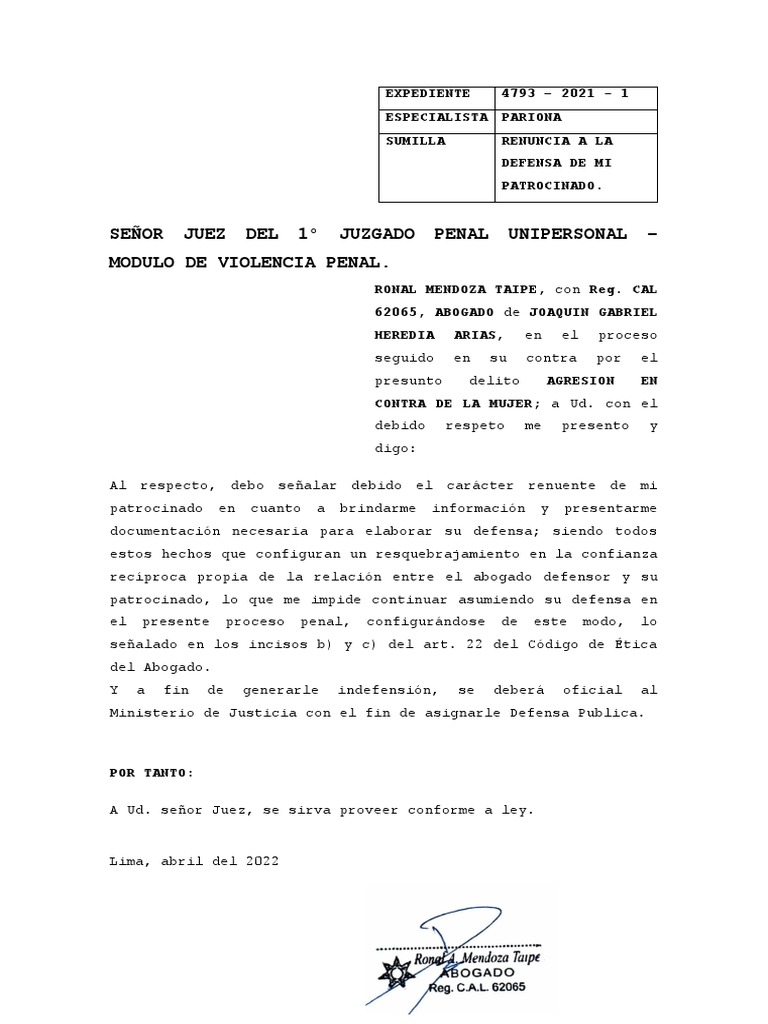In today’s fast-paced world, an unwavering focus on rights and entitlements in the workplace is essential. With the rising number of individuals dedicating more hours than stipulated in their contracts, the issue of unpaid overtime has become increasingly prevalent. Many employees may overlook their rights regarding extra hours worked and, in turn, may miss out on the compensation they are rightfully owed. So, the question arises: do you need a lawyer for issues pertaining to unpaid overtime? Let’s explore this critical topic and shift your perspective on labor rights.
To begin with, understanding what constitutes unpaid overtime is fundamental. The Fair Labor Standards Act (FLSA) mandates that many employees should receive at least time and a half for every hour worked beyond 40 hours in a week. However, there are caveats—some employees, particularly those in executive, administrative, or professional roles, may be classified as “exempt.” This classification often complicates matters, as such employees may not be entitled to overtime pay, even if they regularly work beyond the standard hours.
Imagine putting in countless hours at the office, often late into the night, only to find that you are not being compensated for this labor. The feeling of frustration can be overwhelming. Yet, many people accept this situation as the norm, blind to their legal rights and recourse. This is where awareness begins to grow, opening a channel for dialogue regarding labor conditions. Recognizing whether your role is classified as exempt or non-exempt is the first step toward unearthing the potential for legal recourse.
Now, you might wonder why engaging an attorney is imperative in these situations. The intricacies of labor law can be labyrinthine for the average individual. A lawyer who specializes in labor rights will not only clarify your legal standing but will also furnish you with critical insights into the nuances of your case. They can help assess your employment documents, work schedules, and pay stubs to uncover any discrepancies that may indicate that you are owed payment for the extra hours worked.
Furthermore, it’s important to consider the emotional toll that working without fair compensation can inflict. Stress and anxiety over finances and job security can be significant barriers to well-being. A legal expert can provide you with peace of mind by handling communications with your employer regarding your claims. This allows you to focus on your work and mental health, rather than hassle over your rights.
Let’s also discuss the potential stigma associated with hiring an attorney. Many fear that pursuing legal action may damage their professional relationships or career trajectories. However, it is vital to flip this narrative around. Seeking an experienced attorney is an assertion of your rights, and it should be viewed as a proactive move toward safeguarding your financial and job security. It promotes a culture of accountability within organizations—an important shift we must advocate for as responsible and engaged employees.
When contemplating legal action, it’s crucial to gather as much documentation as possible. Records of your hours worked, emails regarding your duties, and written communications with your employer are indispensable. This foundational evidence empowers your lawyer to build a compelling case on your behalf. Remember, meticulous record-keeping can be the linchpin in your journey toward justice.
Additionally, one must keep an ear to the ground regarding the possibility of class-action lawsuits. In cases where multiple employees have been affected by similar wage violations, joining forces often strengthens the case. An attorney can guide you through the process of litigation as part of a collective undertaking, significantly enhancing your chances of success.
But what about the risk of retaliation? It’s a valid concern. Employees often fear unjust repercussions, such as demotion or termination, for asserting their claim against overtime violations. Labor laws offer protections against such retaliatory actions, which is another compelling reason to engage an attorney. Your legal counsel will be experienced in navigating these waters, ensuring that you are shielded from undue harm as you seek to rectify the situation.
So, what should you do if you suspect you are a victim of unnecessary overtime violations? Start by having a candid conversation with your employer or HR department. However, if you find that your concerns fall on deaf ears, it may be time to reconsider the approach. An attorney specializing in labor rights can not only represent you in negotiations but can also shed light on various alternative dispute resolutions that might mitigate conflict. Mediation or arbitration can often pave the way to a more amicable resolution without escalating to lengthy litigation.
Ultimately, your rights as an employee are worth fighting for. The transformation in perspective needed is one that reframes your role from a passive participant in labor to an empowered advocate of your own rights and well-being. Recognizing the significance of having a specialized attorney to assist in cases of unpaid overtime can open doors to not only fair compensation but also a more enriching and equitable work environment. After all, every laborer deserves just recompense for their time and efforts, and with the right support, you can reclaim what is rightfully yours.
In conclusion, navigating the complexities surrounding unpaid overtime and labor rights doesn’t have to be a daunting experience. The right knowledge and resources can turn the tide in your favor. Embrace the opportunity to enlighten yourself, take a stand, and consult with an attorney who specializes in labor law. Your future self will thank you.
